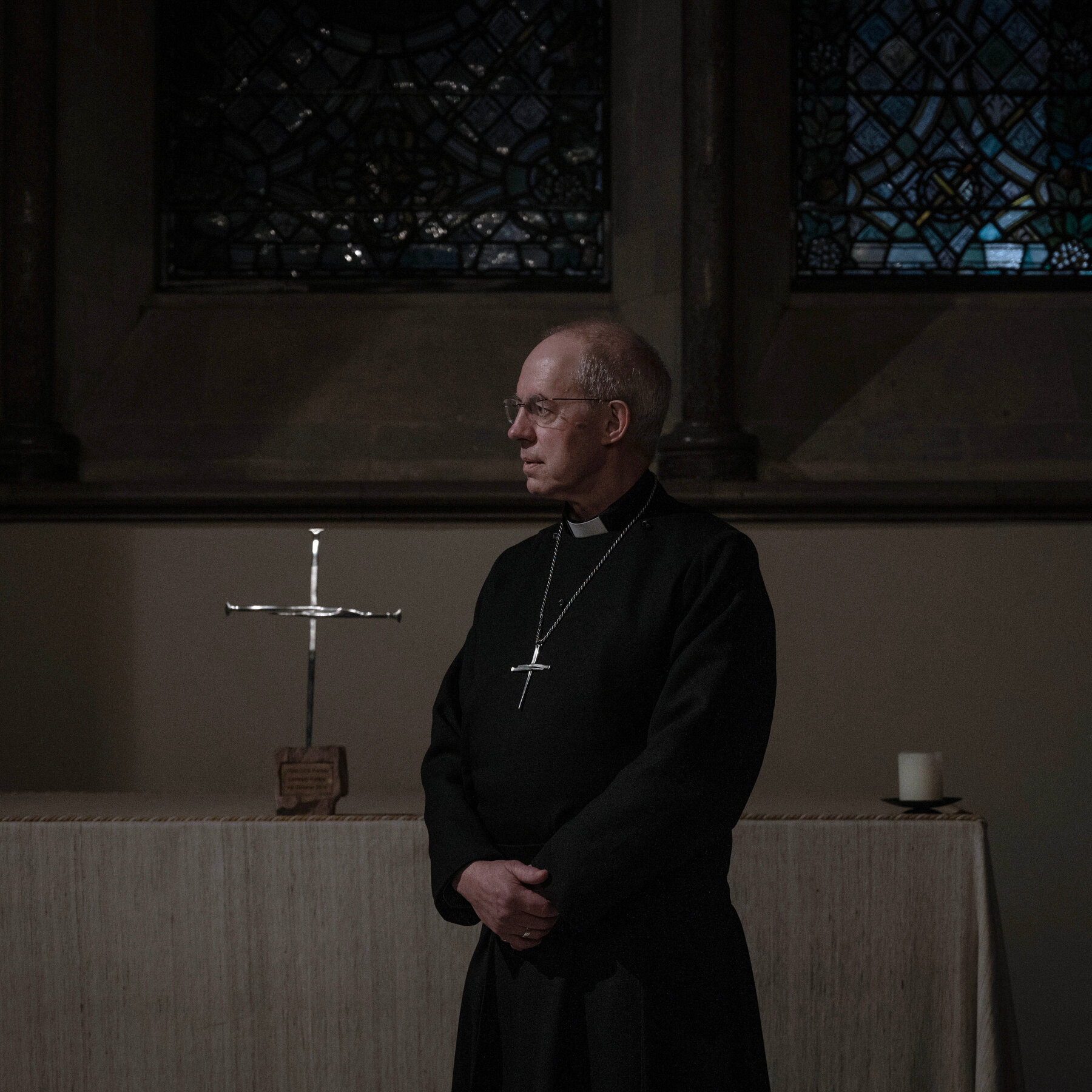
The Role of Church Leaders in Addressing Abuse: Compassion, Accountability, and Healing
The responsibility of church leaders goes beyond spiritual guidance; it extends to safeguarding the vulnerable and upholding the moral integrity of their institutions. Recent revelations in an independent report have cast a shadow over the Anglican Church, specifically addressing abuse allegations from Christian summer camps, with Archbishop of Canterbury Justin Welby coming under fire for his perceived lack of action.
This crisis serves as a stark reminder that even the most revered institutions are susceptible to the actions of those who exploit power and harm others. The allegations of abuse, some dating back decades, suggest that the Archbishop was slow to respond and failed to take necessary steps to ensure the safety of those affected. This troubling news highlights the need for robust and transparent processes within religious institutions to prevent and address abuse.
Church leaders, especially in a faith as globally respected as the Anglican Communion, must reflect deeply on their ethical responsibilities. While the survivors’ pain is central, the church also faces a complicated set of challenges in handling such serious historical allegations. Balancing due process, confidentiality, and transparency requires careful navigation, but it is crucial to restoring faith and trust within the community.
The church must prioritize clear, accessible, and well-communicated reporting mechanisms to ensure that those who come forward with abuse claims are heard and supported. Survivors should be empowered to speak out, confident in the church’s commitment to justice. Additionally, all allegations, whether current or historic, must be investigated thoroughly and impartially. This process should be transparent and inclusive of regular updates to stakeholders to maintain accountability.
Furthermore, an open dialogue between church leaders, particularly Archbishop Welby, and survivors is critical. Acknowledging the harm done and offering apologies is essential to the healing process. Only through this transparency, alongside swift action and ongoing education, can the church begin to rebuild trust and show its commitment to the welfare of its members.
The response to this crisis will be a defining moment for the Anglican Church. By embracing transparency, holding leaders accountable, and prioritizing the needs of survivors, the Church has the potential to emerge as a stronger institution, one that truly reflects the values of compassion, humility, and care central to the Christian faith.
Originally published on The New York Times.

